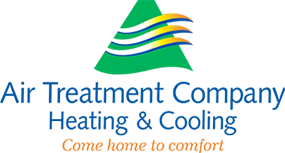Big storms can cause more damage than we care to think about. But being prepared for those events can help keep you and your family safe and get you back to normalcy sooner. While it may not be at the top of your to-do list, it’s important to storm-proof your HVAC system to keep your investment safe from bad weather.
How to Storm-Proof Your HVAC System:
Before the Storm:
- Cool or heat your home as much as you can. If the temperature outside is still too hot or cold to be comfortable, let your HVAC system run as long as you can to create an ideal indoor setting.
- Get a surge protector. If you lose power, your home will get a big jolt of electricity when it returns, which could damage your electrical systems. Consider getting a whole home surge protector to protect your home.
- Cover your outdoor HVAC unit. Use a tarp or cover to keep your unit from being damaged by harsh winds and flying debris.
- Remove window units. If you have window units instead of central air, remove them, and shut the windows to protect your system and home from damage.
- Turn off the power. Turn off your circuit breakers and thermostat that connect to your HVAC unit to prevent it from trying to work during the storm.
After the Storm:
- Inspect your outdoor unit. Check for any dents, bends, or other damage that could have happened during the storm.
- Turn the power back on. Turn on the circuit breakers and your thermostat, and allow your unit to slowly turn back on.
- Replace the window units. Clear any debris from your window sills, and put your units back in place.
Important: If your unit suffered any damage from high winds or lightning, you should have an HVAC technician inspect it to ensure it is safe to turn on.
At Air Treatment Company, we are always there when you need us, with extended business hours as well as emergency service. For more information or to schedule a service, call us at (703) 270-0881.


